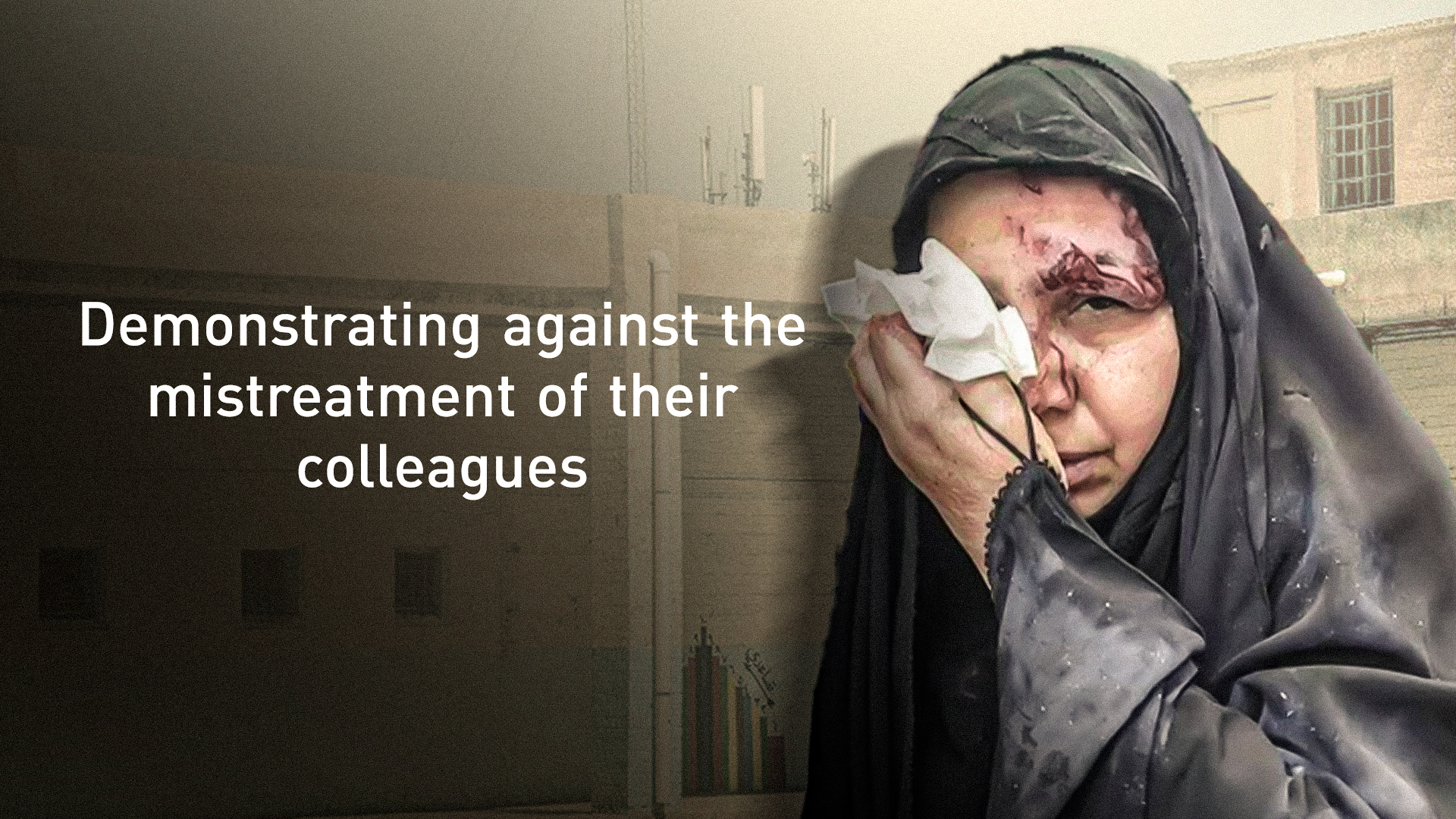Mass Resignation of Over 500 School Principals in Dhi Qar Sparks Educational Crisis
The resignations have triggered fears of an administrative vacuum in the province’s already fragile school system.

By Ahora Qadi
ERBIL (Kurdistan24) – In a dramatic escalation of Iraq’s ongoing education sector unrest, more than 500 school principals in the southern province of Dhi Qar have collectively resigned from their positions in protest against what they describe as “humiliating” treatment by security forces during recent demonstrations demanding improved salaries for educators.
According to local sources on Thursday, the mass resignation was prompted by the failure of authorities to take disciplinary action against security personnel accused of assaulting teachers during protests in Nasiriyah earlier this week. The resigning principals condemned the silence of relevant institutions in the face of what they consider degrading actions against their colleagues.
“An Imminent Educational Collapse”
The resignations have triggered fears of an administrative vacuum in the province’s already fragile school system. Sources close to the education directorate report that many qualified candidates have refused to step in and replace the outgoing principals, warning of an impending educational crisis unless swift action is taken.
“This is more than a symbolic gesture. It’s a serious blow to the functionality of our schools,” a senior education official in Dhi Qar told Kurdistan24, requesting anonymity.
Teachers Nationwide Demand Fair Wages
The mass resignations come amid a broader wave of protests led by teachers across Iraq—including in Diyala, Basra, and Babil—calling for better wages, improved living standards, and access to housing. The unrest, which has been building for weeks, gained momentum on Tuesday when hundreds of teachers gathered in central Nasiriyah to press their demands.
During the protests, federal security forces attempted to disperse the demonstrators using tear gas and sound grenades. Eyewitnesses reported hearing live ammunition and witnessing several educators injured in the chaos.
Safa Maliki, a spokesperson for the protest movement, stated that "thousands of teachers have taken to the streets demanding both a dignified salary and the allocation of residential land to support their families."
Political Fallout and Cabinet Response
The escalating situation has prompted an emergency meeting of the Iraqi Cabinet, which is under mounting pressure to address the educators’ demands before the unrest paralyzes the national education sector. According to sources in Baghdad, the Cabinet is considering several proposals, including short-term pay adjustments and a roadmap for long-term structural reforms.
Nevertheless, protest leaders have warned that unless concrete steps are taken, the movement may evolve into a nationwide strike.
“This is no longer just a pay dispute,” a protest organizer told Kurdistan24. “This is a stand for dignity, for basic respect, and for the future of education in Iraq.”
A System Under Strain
The teachers' protests underscore the deeper socioeconomic challenges plaguing Iraq’s public sector. Amid rising inflation and economic stagnation, public servants—including educators—have voiced growing discontent over salaries that have failed to keep pace with the cost of living.
Observers warn that the educational system, already reeling from years of underfunding, poor infrastructure, and political instability, cannot afford further disruption.